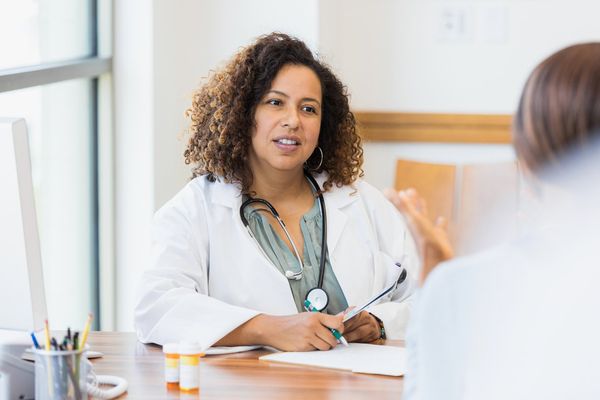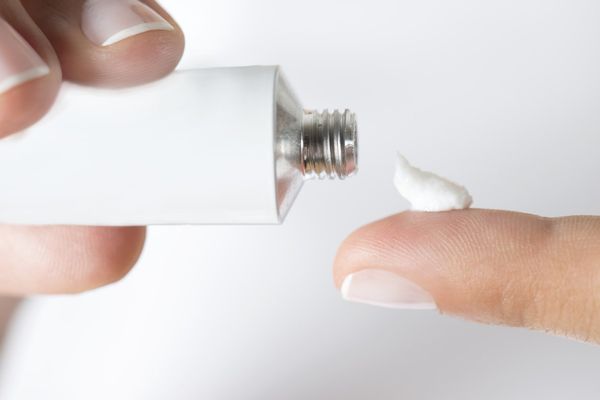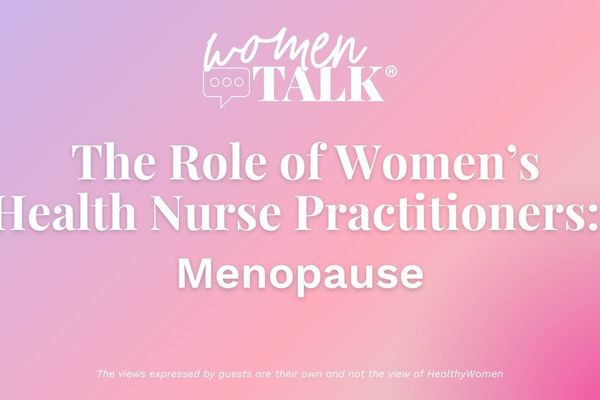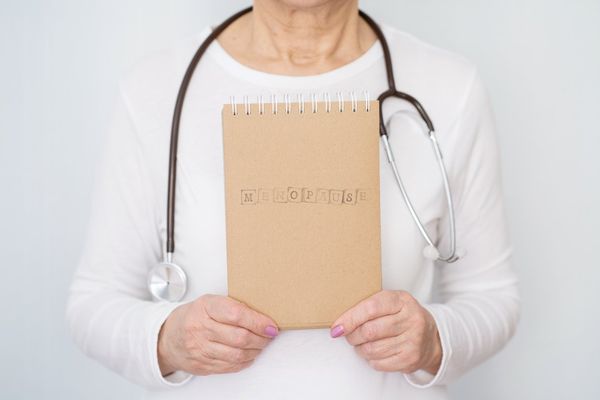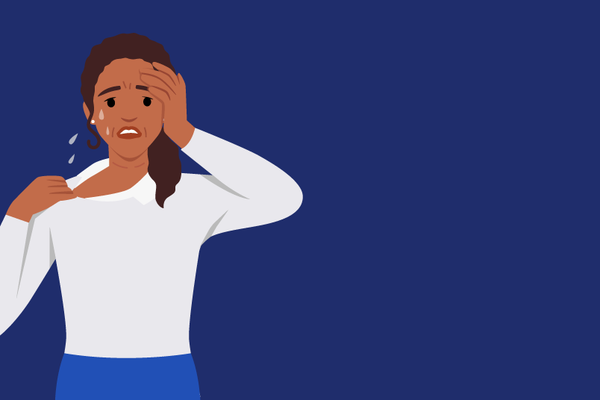September is Menopause Awareness Month, an opportunity to educate women about menopause. Menopause is said to have occurred when a woman has not had a period for 12 months.
While the average age of menopause in the United States is 51, many women can and do experience it earlier. Early menopause is defined as occurring at any age younger than age 45, and menopause that occurs in women younger than 40 is called premature menopause. Among the things that can contribute toward early menopause are genetics, smoking, chromosome defects like Turner syndrome, autoimmune diseases like rheumatoid arthritis, or epilepsy, as well as surgery.
Most women will begin experiencing hormone fluctuations—and the accompanying symptoms—in their 40s, as their bodies enter the perimenopause phase.
Perimenopause, which means "around menopause," is also sometimes referred to as the menopausal transition, a progression toward menopause. Common signs include menstrual irregularity, hot flashes, sleep problems and vaginal dryness. Changes range from subtle to full-blown.
It's during this time, and continuing on to and beyond menopause, that our health changes, and many of these changes are silent ones. Declining estrogen levels cause a loss of bone, increasing your risk of osteoporosis. These declining levels may also lead to an increased risk of heart disease, heart attack and stroke.
Menopause is a natural and normal part of aging, yet there's a lot of stigma and misinformation associated with it. And because of this and the way menopause is portrayed in much of the media, it can put fear and dread into many women. For instance, a cartoon of a "The Seven Dwarves of Menopause" lists the (menopausal) names of the dwarves as Itchy, Bitchy, Sweaty, Sleepy, Bloated, Forgetful and Psycho. Yes, it can be funny (under the right circumstances), but it can also give menopause a bad rap.
Menopause is neither a disease nor a disorder. The drop in hormone levels that usher in an end to your fertility and other changes don't have to mean the end of your femininity or womanhood. Knowing what these changes are and what they will mean to you can help you embrace, rather than suffer from, menopause.
There are countless available resources, including information from the U.S. National Library of Medicine's website, MedlinePlus, menopause facts from Medicinenet.com, organizations that promote women's health like the North American Menopause Society, communities like WebMD's Menopause Exchange, and, of course, HealthyWomen.
You can find convincing evidence of the strength of communication and support in the menopause community in this blog.
Research into best ways to treat menopausal symptoms and how to stay your healthiest during and after menopause continues to uncover new and improved information. For example, a new study out of Columbia University Medical Center finds that a diet high in refined carbohydrates may lead to an increased risk for new-onset depression in postmenopausal women. Another study by UNT Health Science Center is looking at an experimental medication, called DHED, to treat hot flashes and other menopausal symptoms without the risks of hormone replacement therapy.
Menopause is not a disease, but rather a natural progression. Some women experience few or no symptoms and breeze right through it. Others might be able to tolerate the changes without medical attention. But if your symptoms are severe enough to interfere with your life or well-being and everyday function, a visit to your health care professional is in order.
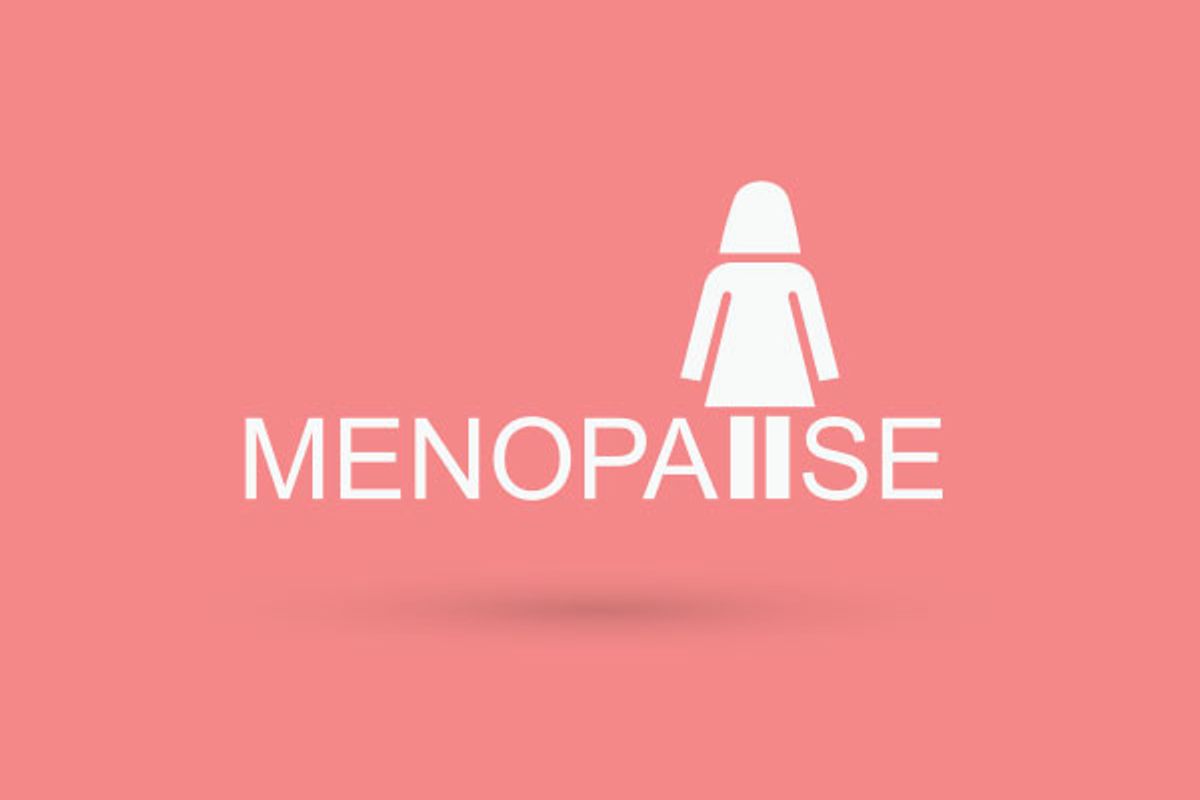
September Is Menopause Awareness Month
September is Menopause Awareness Month, an opportunity to educate women about menopause. Menopause is said to have occurred when a woman has not had a period for 12 months.
Sep 25, 2015
Jun 12, 2024
Menopause & Aging Well
